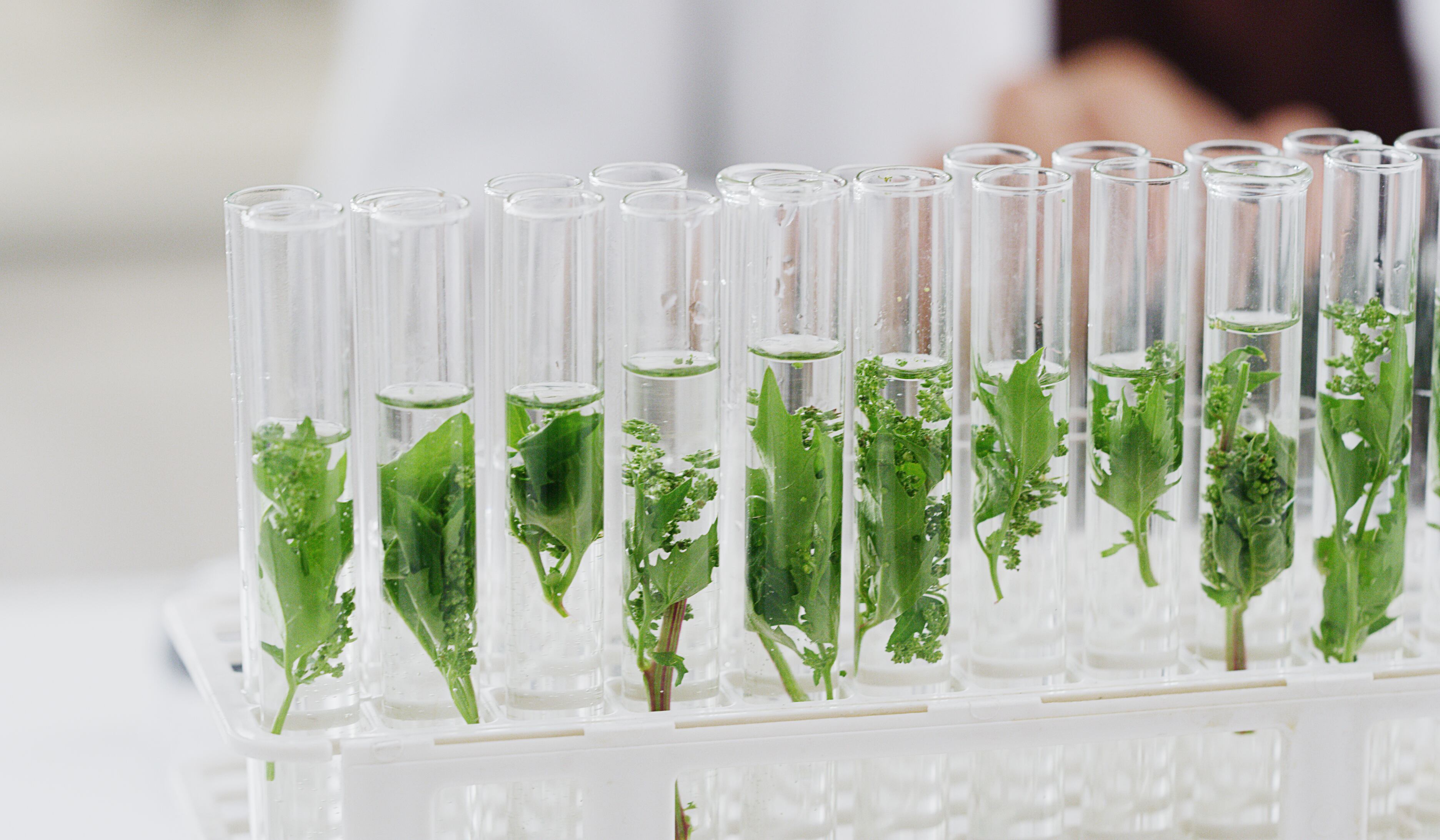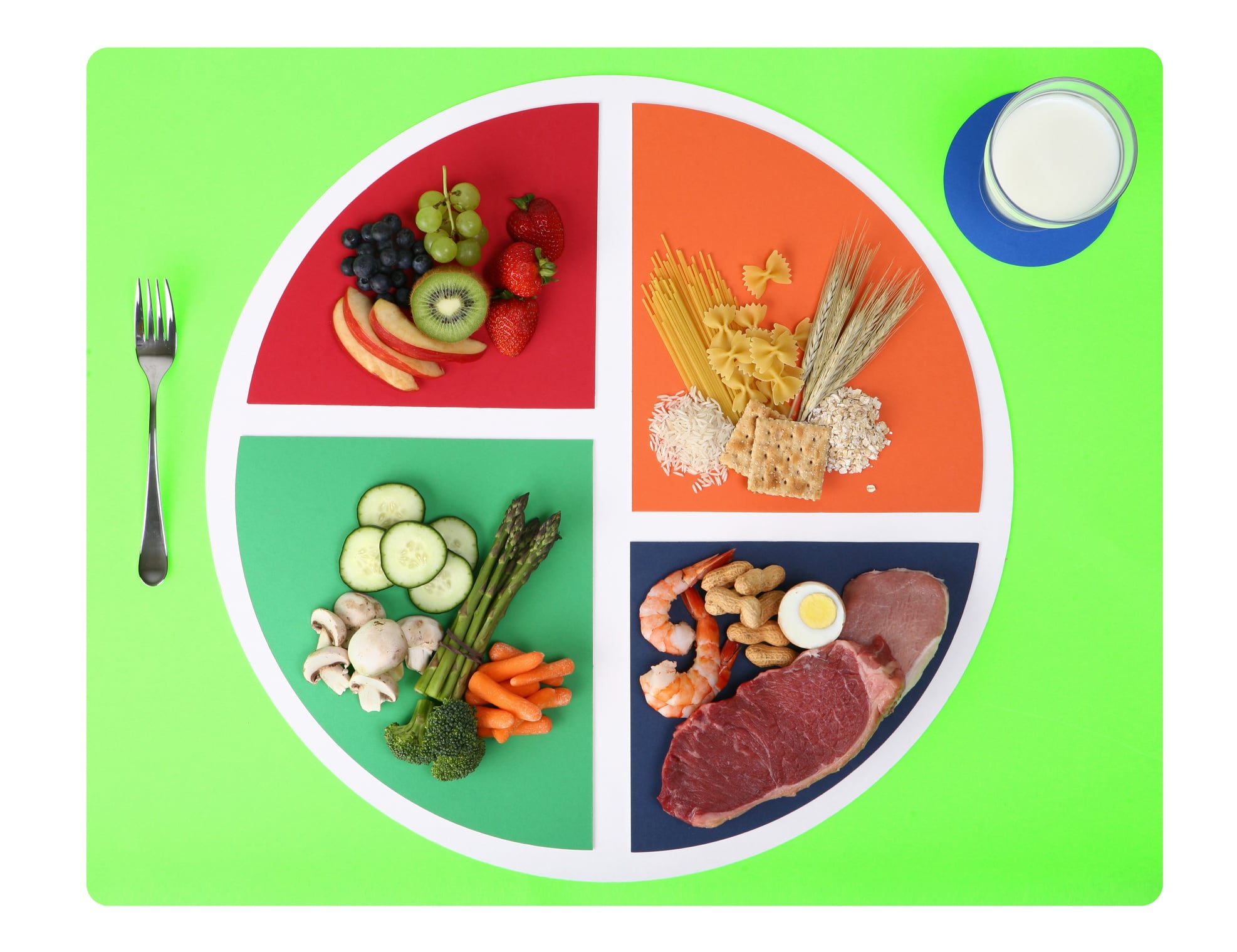Plant cell cultivation company Ayana Bio aims to bring its bioactive ingredients from holy basil and sage into packaged foods and beverages to improve nutrient density without impacting taste or color.
Ayana Bio cultivates its plant cells in bioreactors similar to precision fermentation to address issues like climate change and adulteration in the botanical industry, David Tetzlaf, the company’s senior director of marketing and communications, explained during Future Food-Tech San Francisco.
The company is scaling up production of rosmarinic acid from sage and rosmarinic, ursolic and oleanolic acids from holy basil, bioactives with potential anti-inflammatory, antioxidant and antimicrobial benefits. By year-end, it plans to scale both holy basil and sage. Ayana Bio’s sage production, for example, can yield up to 10% rosmarinic acid in powder form, and used as a natural preservative and antioxidant in food formulas, according to Tetzlaf.
Replicating nature via plant cell culture
Tetzlaf notes that the wide use of precision fermentation in the food and beverage space has allowed for the commercialization of a single ingredient, like the premium dairy protein lactoferrin.
Ayana Bio’s plant cell cultivation, however, produces “the whole spectrum of bioactives, the full phyto complex that is found in nature. So, it replicates nature, because it is nature producing what it already knows how to produce,” he added.
In 2023, the company targeted cacao polyphenols via precision fermentation to support digestion, cardiovascular health, cognition and immunity, and address issues around cacao agriculture.
While some precision fermented ingredients are more costly to produce than others, Tetzlaf predicts that Ayana Bio’s plant cell ingredients will be “price competitive with existing ingredients.”
Ayana Bio is raising an extension to its $30 million series A fundraise from 2021, but will raise a Series B round to support commercialization, Tetzlaf said.
Aligning with the ‘stealth health’ trend
As the ‘stealth health’ trend of creating tasty but nutrient-dense foods continues to shape the better-for-you food and beverage landscape, Ayana Bio envisions its bioactives in packaged foods across categories, Tetzlaf said.
“What we would love to be able to do is bring the bioactives of broccoli into macaroni and cheese. It has all the bioactives of broccoli, all the health benefits of broccoli, without the taste or color that you would associate with broccoli,” Tetzlaf said. He added that Ayana Bio’s process doesn’t target the production of flavonoids so that the final powdered form is flavorless.
As companies are challenged with balancing taste with nutrition, plant cell culture checks off the consumers’ preferences for clean, non-GMO ingredients in their food, Tetzlaf said.



